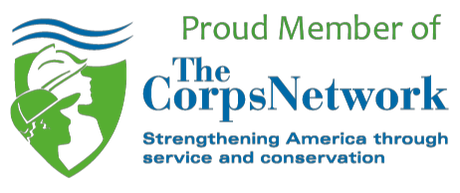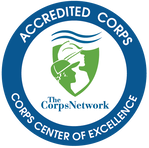|
We are proud to announce the newest recipient of the GEM for STEM Graduate Scholarship Award, Linnea Delucchi. Linnea is originally from Sacramento, California, but has spent the last five years traveling the world and exploring her interests. She graduated from UC Berkeley with a degree in Neurobiology, but was unsure what direction she wanted to take with her degree. She took some time off to grow and gain life experiences. During that time, Linnea hiked the Pacific Crest Trail, visited southern Europe and Eastern Canada, and lived in New Zealand for a year. She loves traveling not just for the experiences, but for the worldly knowledge gained as well. If she hadn't spent the last five years exploring, she doesn’t think she would have discovered her current passion: the effects of nature on the brain. STEM education has always been part of Linnea’s life and she has always loved science. She knew that she wanted to study neurobiology, but didn't know what to do with that degree once she earned it. She also loved being able to support facts with research and having concrete reasons for the way things work. Congratulations Linnea! How did you hear about G.E.M. Environmental and this scholarship opportunity? My roommate is an AmeriCorps Vista working for G.E.M. She knew I was currently in my Master's and that my thesis was related to STEM. So, she suggested that I apply for the graduate student scholarship because, why not? Please provide a brief description highlighting your work/area of focus. My Master's thesis will cover some subtopic of how nature affects the human brain. I love playing outside, and I also love science. This thesis topic allows me to combine my passions and explore an area that I am very interested in. I am able to use my knowledge from undergrad with my experience in the outdoors. While I have not picked a specific area of neurobiology yet, I think I will focus on the affects of nature on either stress reduction, increased relaxation, or cognitive recall. The nature aspect could be just sitting in nature or an outdoor activity. I will be designing my thesis this semester and carrying it out this summer and fall! If your scholarship funds HAVE BEEN USED, please explain exactly how they were used or disbursed. Part of the scholarship funds have been used. This semester, I am traveling to various labs studying nature in the brain. This scholarship is helping me cover the costs of these travel expenses.I have already been to Indiana, where I was able to use various bio and neurofeedback equipment. For example, I learned how to use an fNIR, HRV (heart rate variability) monitor, and EEG. These are all forms of equipment that can measure brain/nervous system function. I was also added to an IRB for a project that was researching the effects of being in nature on HRV responses to small stressors. For this experiment, we measured participants HRV and blood pressure before and after time spent in nature. We are still waiting for the results to be covered to data that can be analyzed. If the funds HAVE BEEN USED, what was the outcome? While we are still waiting in the HRV research data, I was able to design a practice experiment when I was in Indiana. In this experiment, people wearing an EEG watched either a cityscape video or a nature scape video. I recorded their brain waves, and found that beta waves (waves associated with stress) were increased in the city scape participants. In contrast, alpha waves (brain waves associated with relaxation) were increased in participants watching the nature video. While the participants were not immersed in real nature, analyzing the effects of visual nature is still interesting! If your scholarship funds HAVE NOT BEEN USED yet, how do you anticipate you will achieve success? I will be attending a wilderness therapy symposium in Asheville, North Carolina. Here, I will be able to learn how to use qEEGs in relation to neurofeedback. In neurofeedback, people look at their own polygraphs and see what effects certain stimuli have on their brain waves. qEEGs are becoming increasingly popular in wilderness therapy so clients are able to see what is happening in their brain when they are out in nature. By researching this, I hope to promote people spending time in nature and using the outdoors as a medicine over pharmaceuticals. As screen time and indoor time increases, people are becoming more detached and even afraid of the outdoors. I hope to help reverse this trend by helping people realize the medicinal, calming, and other benefits of nature. Tell us what this scholarship means to you.
I have been financially independent since the middle of my undergrad. I have chosen a field (outdoor education) that is not the most lucrative, which makes paying for a Master's extremely difficult. Loans have a high interest rate and making ends meet, while attending school, is very difficult task. I have been working full-time while also being a full-time student. This leaves room for nothing else in my life. This scholarship greatly reduces the amount of financial stress I have felt since beginning my Master's. I have often chosen work over school, just to make sure I can pay for life expenses. With this scholarship, I will be able spend more time focusing on my studies and learning about the topics I am most passionate about. In addition, I am proud to be a female studying science, as well as a female outdoorsy women. Both science and the outdoors are still male-dominated, so being part of both fields means a lot! I like being able to keep up with the boys, whether it is climbing, skiing, mountain biking, etc. We need more women out there! |
Categories
All
Archives
June 2024
|
G.E.M. Environmental NFP
Geology - Engineering - Minerals - Environmental - Not for Profit
Geology - Engineering - Minerals - Environmental - Not for Profit
Community Partners
|
Programs
|
Get Involved
|
About
|
Follow Us
|
Sponsors & Donors
|
© COPYRIGHT 2017 - 2023. ALL RIGHTS RESERVED. G.E.M. Environmental NFP
GEM Environmental, GEM4STEM, GEM Corps, and Charity Rocks are all Registered Trademarks of G.E.M. Environmental NFP.
Any and all use of Trademarks or Copyrights must be authorized.
GEM Environmental, GEM4STEM, GEM Corps, and Charity Rocks are all Registered Trademarks of G.E.M. Environmental NFP.
Any and all use of Trademarks or Copyrights must be authorized.
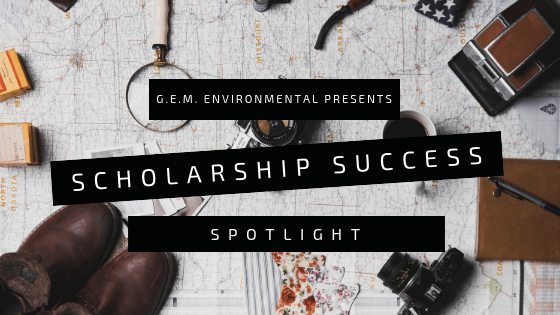
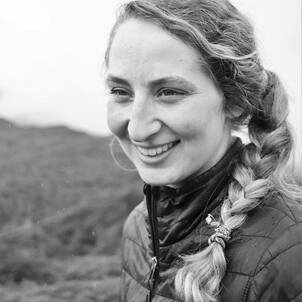
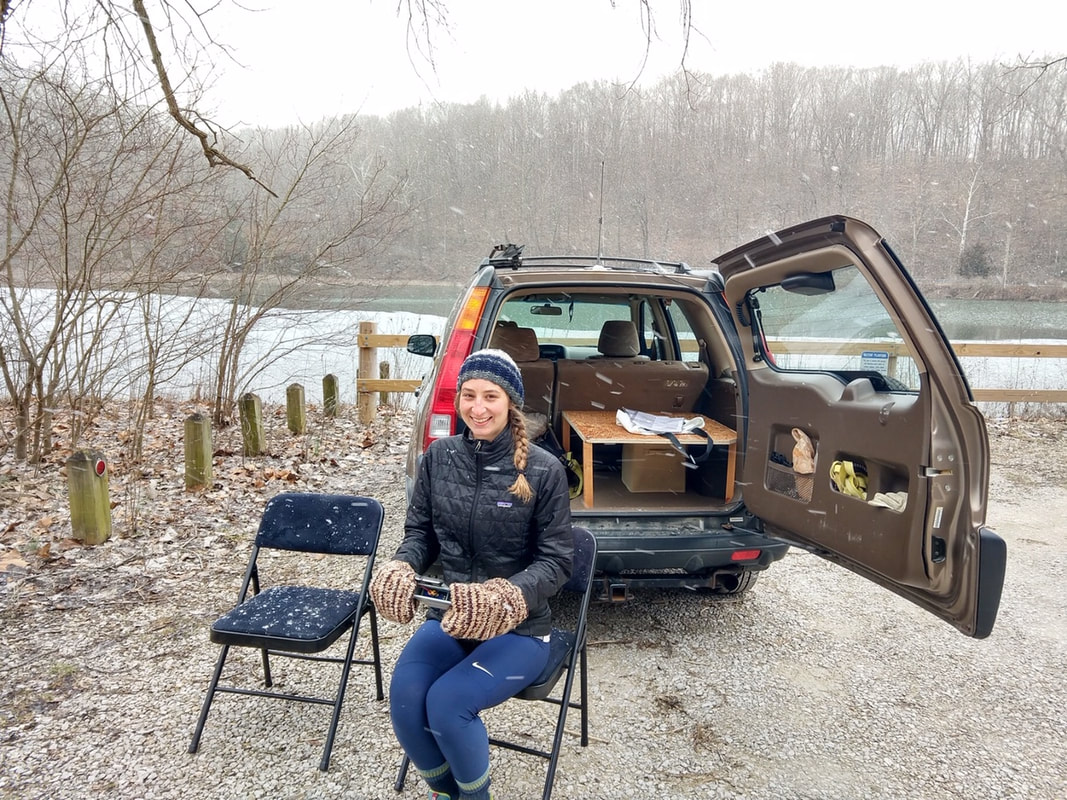
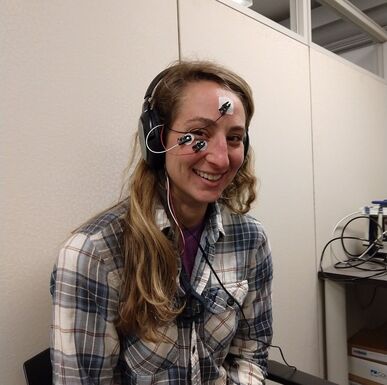
 RSS Feed
RSS Feed

